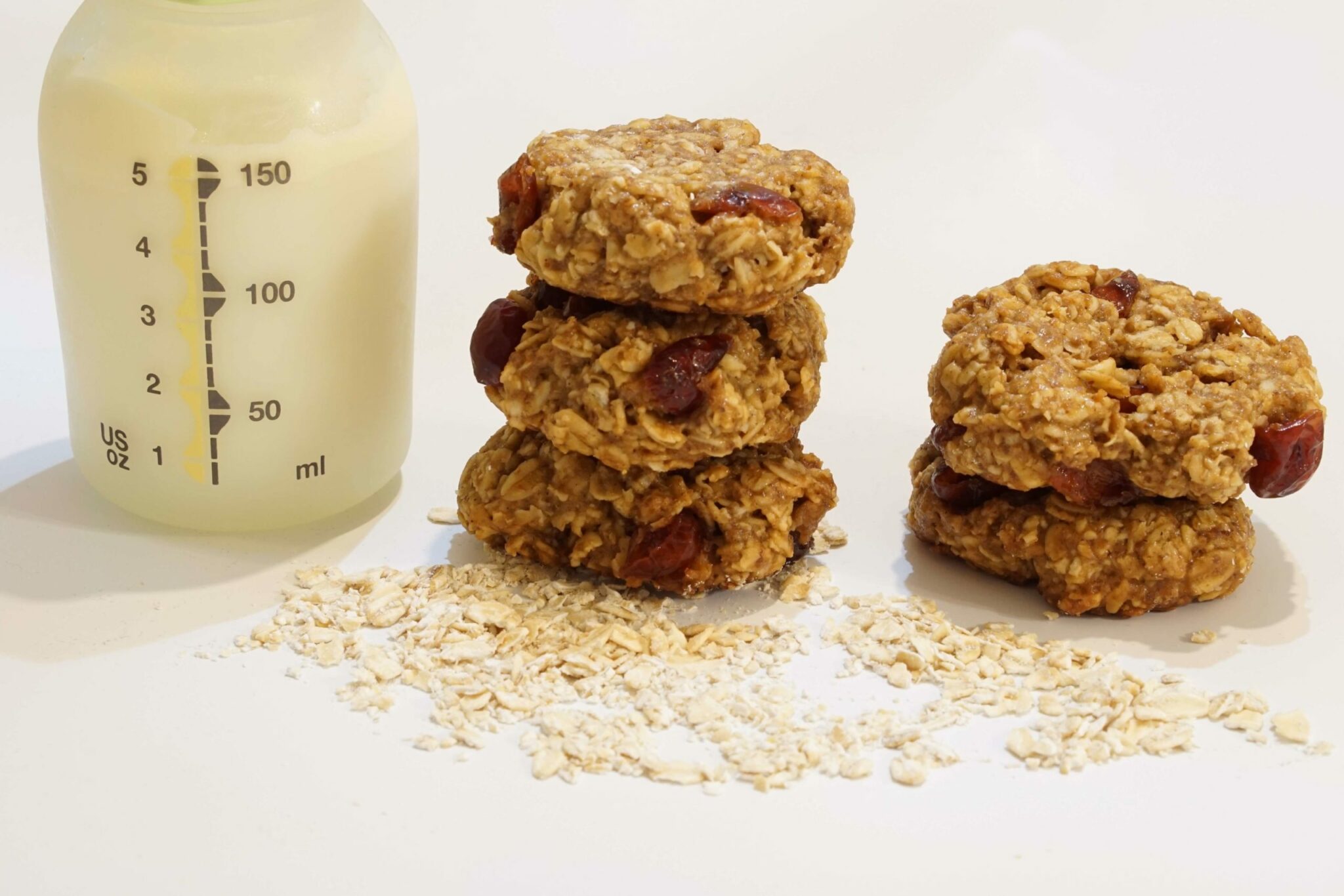8 Tips for if Breastfeeding Doesn’t Work Out
If you’ve made a plan to breastfeed your baby and it hasn’t worked out for some reason, you may be experiencing a range of emotions: guilt, sadness, frustration, or even envy for those moms who seemingly have no problem. Here are eight things you can do to help yourself feel better if breastfeeding hasn’t gone as planned.
1. Step back and think big picture. Yes, we know that there are amazing benefits to breastfeeding for both moms and babies. But at the end of the day, how you feed your baby is but one choice of the hundreds you will make as a parent. Realizing this might help you put everything in perspective, especially in those emotional first few weeks as a new mom.
2. Even a little breast milk is better than none. Colostrum, or the first type of milk your body produces, is loaded with great things for your baby like antibodies, enzymes, and white blood cells to fight infection. So if you had to wean sooner than you planned, knowing that you’ve given your baby colostrum is still a wonderful gift. In fact, many lactation consultants will recommend nursing the first few days after birth in moms who eventually plan to formula feed so their babies can get this liquid gold.
3. Think about donated milk. Being unable to give your baby your own milk does not mean he or she has to miss out on all the good things breastfeeding has to offer. Using donor breast milk might be the perfect option for you and can be a happy medium between your own milk and formula.
4. It doesn’t have to be all or none. For example, if you’ve been diagnosed with low milk supply (and it is important to be evaluated by a lactation consultant if you are worried about this, as many mom’s think their supply is low when it is actually fine), it doesn’t mean you need to abandon breastfeeding altogether. Combining nursing and supplemental formula can help you meet your baby’s needs. Remember, see #2!
5. Practice “bottle nursing.” This term refers to making the bottle-feeding experience as much like breastfeeding as possible (no matter what is in the bottle!): interacting with your baby as you feed, watching their cues and feeding to satiety and not a certain amount of ounces, and following a paced rhythm.
6. Connect with your baby in other ways. In addition to bottle nursing, there are other ways to mimic the closeness and connection that breastfeeding brings. One example is wearing your baby, which can keep you and baby close long after feeding time is over.
7. Seek out support. While some people may tell you to “just get over it” if breastfeeding didn’t go as planned, that’s a big pill to swallow for many moms. Mommy guilt can be intense and even more so if you are feeling judged for feeding your child formula. Finding other moms who have been in your shoes can make you realize you are not alone and can help you if you feel the need to connect and vent!
8. Try again next time. Many moms who had breastfeeding issues with their first baby report having a much easier time with subsequent children. Often this is because they are aware of potential issues ahead of time, know where to find help much sooner, and know when to seek help compared to moms who’ve never nursed. The key here is that just because it didn’t work out the first time doesn’t mean you shouldn’t try again! Consider meeting with a lactation consultant before you deliver to develop some strategies to help you be successful.
Powered by Bundoo®










































